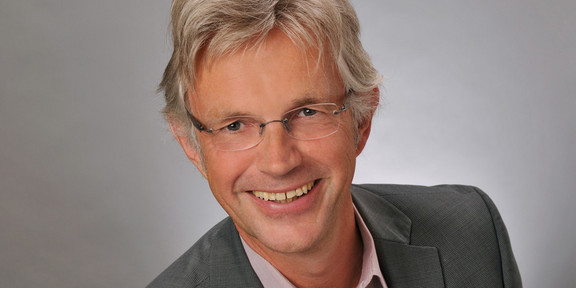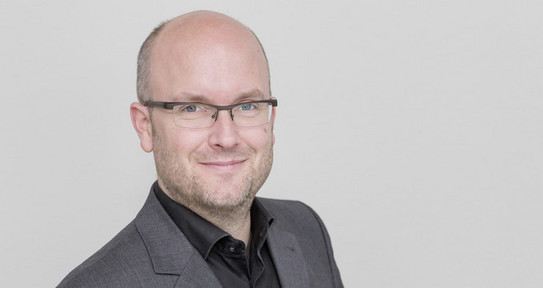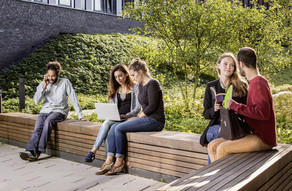Bundestag decides to increase support for social innovations
- News
- Fakultät

On Friday, 29 May, the Bundestag adopted a far-reaching motion to promote social innovation. The motion by the CDU/CSU and SPD entitled "Stronger promotion of social innovation and more efficient use of potential" emphasises the increasing importance of social innovation within the framework of a broader understanding of innovation and refers in this context to the "Atlas of Social Innovation - New Practices for a Better Future" published by the Social Research Centre of the TU Dortmund University. It was adopted with the votes of the coalition factions with the opposition factions abstaining.
The proposal (Antrag) describes social innovations as "new social practices and organisational models aimed at finding viable and sustainable solutions to the challenges facing society". By involving actors from different parts of society, they activated the innovative potential of the whole society, enabled broad participation and cooperation in innovation processes and strengthened and renewed democratic structures. Prof. Jürgen Howaldt, Director of the Social Research Centre of the TU Dortmund University, welcomes the direction of the proposal: "Social innovations form an important pillar of the innovation system which, like technological innovations, requires scientific research and infrastructures - for example social innovation centres. This is also recognised at federal political level". The motion was also actively supported during the debate by Sabine Poschmann, the Dortmund member of the Bundestag.
Science's commitment to successful social innovation policy
According to the proposal, different levers would have to be adjusted to improve the ecosystem for social innovation. In addition to social enterprises, civil society actors and companies, science, in particular, would in future play an important role in the development, testing and dissemination of not only technological but also social innovations. Innovation policy can therefore only be successful if the potential of universities and research institutions is developed.
The adopted motion formulates 16 fields of action in which the Federal Government should take action within the framework of available budget funds. These include
- promoting social innovations within the framework of the High-Tech Strategy [... and] developing an interministerial concept for promoting social innovations and social enterprises;
- setting up a programme for research and development of social innovations;
- to make social innovations and social entrepreneurship known to a wider public in order to strengthen the willingness of companies and civil society to become involved in tackling major social challenges and to develop formats such as a "Social Innovation Forum" similar to the "Digital Summit";
- work together with the countries to develop infrastructures such as Social Innovation Centres or Social Innovation Hubs and provide financial support for their development;
- to open up existing technology promotion structures such as technology centres, science parks, technology platforms to the topic and to network them with the new Social Innovation Centres.
Antrag wird den Anforderungen moderner Innovationspolitik gerecht
Dr. Christoph Kaletka, Mitglied der Geschäftsführung der Sozialforschungsstelle, betont: „Dass der Bundestag ein umfassendes Konzept einfordert und das Thema nicht auf Sozialunternehmen reduziert, ermöglicht eine moderne Innovationspolitik. Soziale Innovation findet in allen Bereichen der Gesellschaft statt – die im Antrag formulierten Handlungsfelder tragen dem Rechnung.“
Beide Ausgaben des „Atlas of Social Innovation“ sind online verfügbar.





